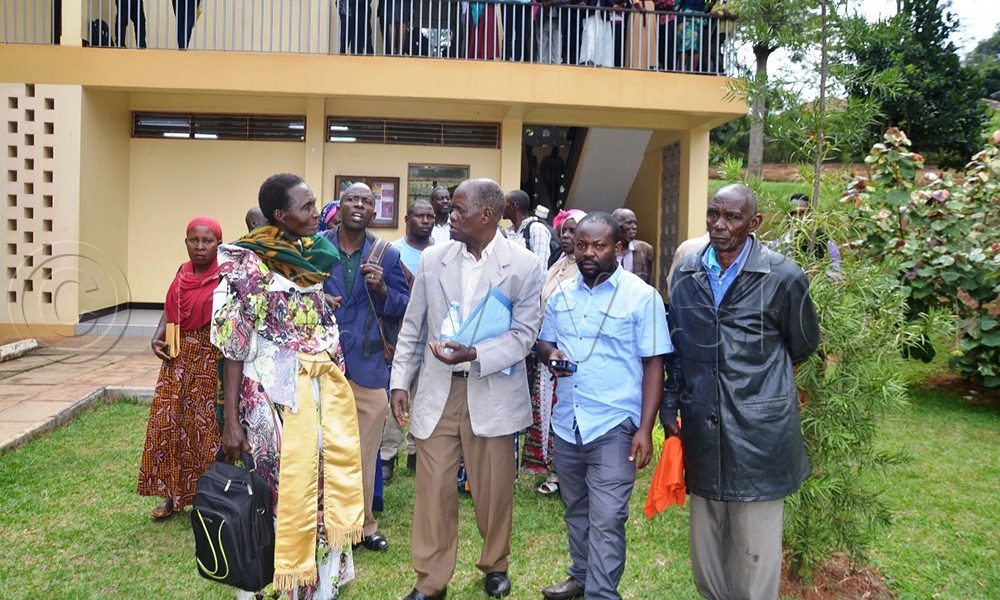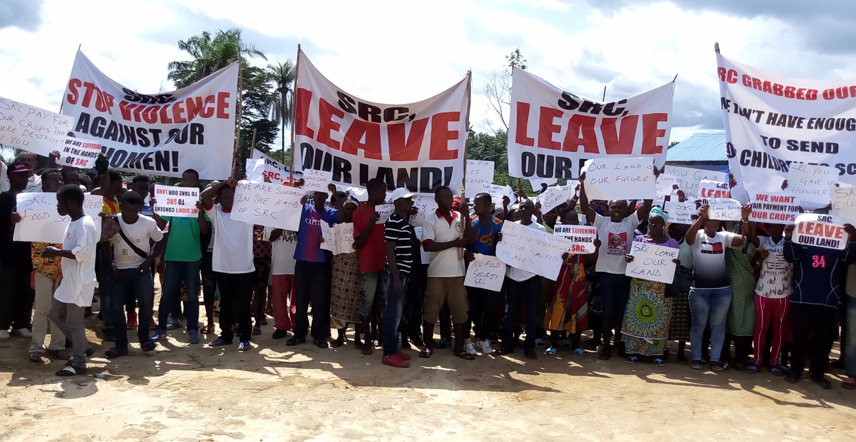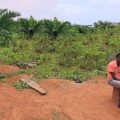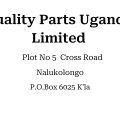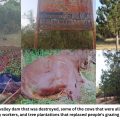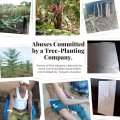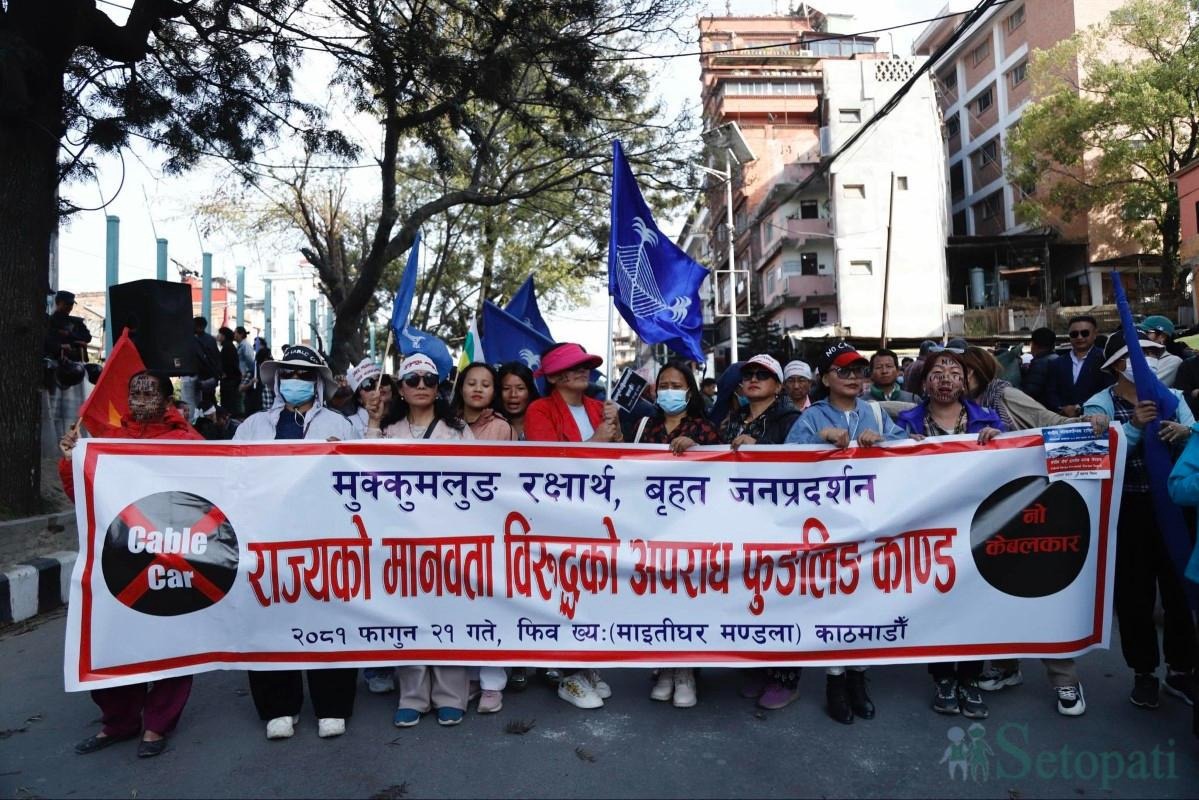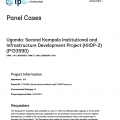By Witness Radio team.
What began in 1959 as a promise of jobs and development has, according to affected communities and civil society advocates supporting these communities, evolved into a prolonged struggle marked by land loss, environmental destruction, and unfulfilled commitments.
In 1959, the Liberian government granted the Salala Rubber Plantation (SRC) a 70-year lease on a 40,500-hectare land concession in District 5, Margibi County, and in District 6, Bong County, respectively, and developed a rubber plantation on 8,500 hectares.
According to the company’s objectives, it aimed to develop the community by creating job opportunities and providing fair compensation to landowners.
“When the company came to Liberia, it presented itself as supporting the government by creating jobs for Liberians. That message appealed both to the government and to the local communities.” John Brownell revealed in an interview with Witness Radio.
But the expected joy never materialized. The arrival of the rubber company brought consequences whose effects are still inherited to this day. For more than six decades, communities in central Liberia have endured hardship, misery, and persistent poverty passed from one generation to the next.
Some people, especially in Lango, Tartee Towns & Deedeta 1 & 2 areas, were evicted from their land to make way for a large-scale Rubber plantation. In contrast, others who have endured violence are still placed in the middle of the company plantations. According to reports, many others whose homesteads border the company plantations are still facing land grabbing as the company extends its expansions.
Salala Rubber Plantation was established in 1959, during a period when Liberia’s land governance system recognized only public land and private land tenures, excluding customary land tenure. Although the land was officially classified as public, community members in the area, including indigenous groups, had already been cultivating it for farming, burial grounds, water sources, and cultural practices.
“Whereas the land was given to the Company for a Rubber project, it was never an abandoned land. Liberians already occupied it from the Kpelle and Bassa, and other ethnic groups. The company didn’t honor their existence; instead, it forced them off their land,” John added.
At least 22 affected communities across Bong and Margibi Counties continue to demand justice, accountability for the damages caused, and redress, highlighting the need to advocate for change.
Although the SRC concession required that land be selected exclusively from unencumbered public lands and prohibited the evacuation of villages within the concession or development area, the land ultimately selected was heavily encumbered, resulting in the eviction of several villages.
According to the concession agreement, the Concessionaire had to pay rental for public lands to be used for the project, “If the Concessionaire cannot reach a satisfactory agreement with any private owner for any land which may be mentioned as aforementioned, the Concessionaire may bring the matter to the attention of the government which agrees to use its for good offices in obtaining for the Concessionaire the use of the land in a manner equitable to the Concessionaire and the respective private owner for just and reasonable compensation.” Part of the agreement, Witness Radio obtained a copy of it, mentioned.
This meant that the company had to compensate the communities whose land was to be used for the project; instead, the company forcefully took over the community lands.
Following Liberia’s civil war, which disrupted and damaged the plantations’ investments, the Socfin Group acquired the Salala Rubber Corporation (SRC) and invested to optimize the plantation and improve social infrastructure. SRC applied for a US$10 million loan from the International Finance Corporation (IFC), an arm of the World Bank, in 2007 to rehabilitate and expand project operations. According to the documents seen by Witness Radio, the 12-year loan investment from IFC was approved in 2008.
Community representatives say that despite the earlier injustices brought to the communities after the government allocated land that was occupied by people to the company, shortly after receiving the IFC loan, the company expanded beyond its concession boundaries, encroaching on the community’s land and deliberately causing other human rights violations.
“During the operations and expansions between 2007 and 2012, they destroyed community sacred sites, polluted water sources, and destroyed their crops without adequate compensation,” Paul added.
Some villages were forced to relocate again. Between 2012 and 2013, affected communities filed complaints with civil society organizations, triggering investigations that found the company liable for multiple allegations.
“And so, by 2012 and 2013, the community then decided to file a complaint with our office. Our office had to work with them to get the government and the company to restore the economic, cultural, and social benefits that the company had destroyed for them. An investigation was conducted and found the company liable for the allegations,” Paul added.
Despite supporting the communities, advocates found engaging with the company challenging. “The communities fought for dialogue with the company, but it failed. We tried to write several letters, but the company refused to honor the dialogue with the community,” he adds.
According to the Alliance for Rural Democracy, when their engagements with the company failed, they filed a complaint with the IFC against the company’s operation.
“When dialogue attempts failed, communities escalated the matter internationally. In May 2019, Green Advocates International, Natural Resource Women Platform, and the Alliance for Rural Democracy supported them in filing a formal complaint with the IFC’s Compliance Advisor Ombudsman (CAO). The complaint involved allegations of: Physical Displacement, Economic Displacement, and Loss of Livelihood; Historical Land Claims by extension, Land Grab; Grievance Handling; and Threats and Reprisals against Complainants—gender-based violence and Harassment, among others —violations that the communities believed infringed on their human rights.
In September 2020, following a compliance appraisal, CAO initiated an investigation into IFC’s environmental and social (E&S) performance concerning the issues raised in the complaint. However, the investigation stalled until June 2023, when the communities staged a peaceful mass action at the World Bank office in Monrovia, demanding redress to their complaint.
Under pressure from communities, CAO finalized its Investigation Report in December 2023 and submitted it to the World Bank’s Board. The CAO report found harm and indications of damage to the affected communities in relation to compensation, consultation, gender-based violence and harassment (GBVH), security threats, land acquisition, Indigenous Peoples, cultural heritage, water quality, and labor practices.
In addition, Socfinaf S.A, owner of SRC, commissioned its own independent investigation led by Earthworm Foundation. The final Earthworm report corroborated the communities’ allegations against the Salala Rubber Corporation.
In response to CAO’s investigations, on March 13, 2025, the World Bank Board approved and issued the Management Action Plan (MAP). The MAP commits IFC to implement a Community Development Program to support livelihood restoration, GBVH prevention, and support to survivors. IFC management was supposed to supervise SRC’s implementation of the MAP actions.
While grievances remain unresolved, Socfinaf S.A. put the plantation up for sale and, in 2024, officially announced the sale of its subsidiary, Salala Rubber Corporation (SRC), to Jetty Rubber LLC. And community advocates also report that IFC’s Management Action Plan (MAP) has never been implemented.
“Before the sale of SRC, the affected communities and supporting Civil Society and Human Rights organizations wrote an open letter to Socfin Management, the Government of Liberia, and Jetty Rubber regarding the liabilities and the active IFC complaint. However, these institutions ignored the content of the letter, thereby allowing Socfin to divest, and Jetty took over the plantation.” Said Windor B.K. Smith of the Alliance for Rural Democracy.
The new owner, Jetty Rubber LLC, has not committed to implementing the IFC’s Management Action Plan. The 22 affected communities are in limbo because they do not know where to turn for justice and redress to their plight.
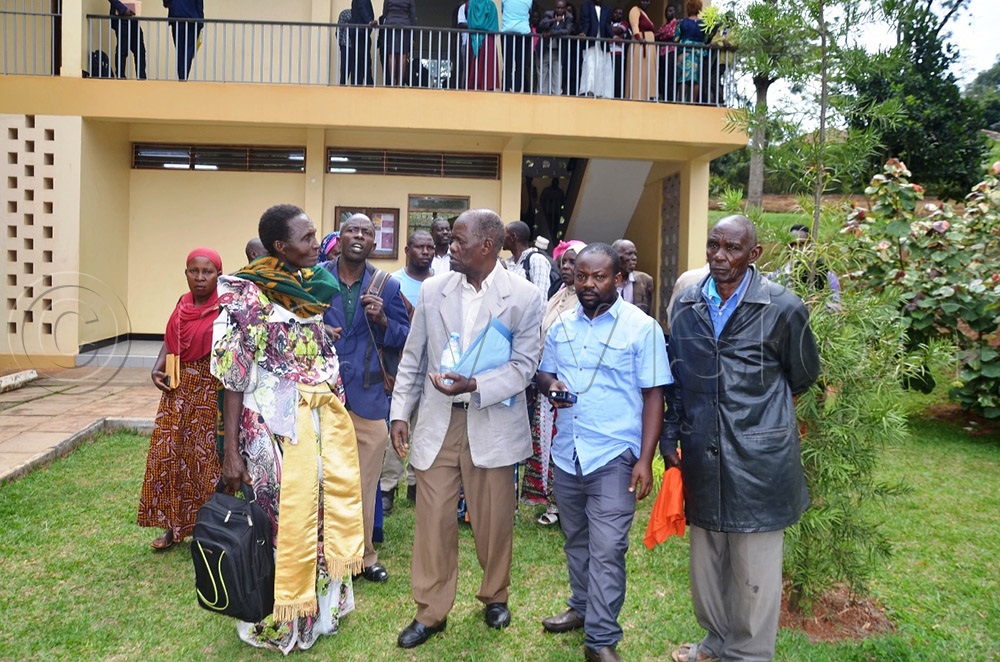

 MEDIA FOR CHANGE NETWORK2 weeks ago
MEDIA FOR CHANGE NETWORK2 weeks ago
 MEDIA FOR CHANGE NETWORK1 week ago
MEDIA FOR CHANGE NETWORK1 week ago
 MEDIA FOR CHANGE NETWORK1 week ago
MEDIA FOR CHANGE NETWORK1 week ago
 MEDIA FOR CHANGE NETWORK4 days ago
MEDIA FOR CHANGE NETWORK4 days ago
 MEDIA FOR CHANGE NETWORK7 days ago
MEDIA FOR CHANGE NETWORK7 days ago
 MEDIA FOR CHANGE NETWORK3 days ago
MEDIA FOR CHANGE NETWORK3 days ago
 MEDIA FOR CHANGE NETWORK2 days ago
MEDIA FOR CHANGE NETWORK2 days ago
 MEDIA FOR CHANGE NETWORK1 day ago
MEDIA FOR CHANGE NETWORK1 day ago





